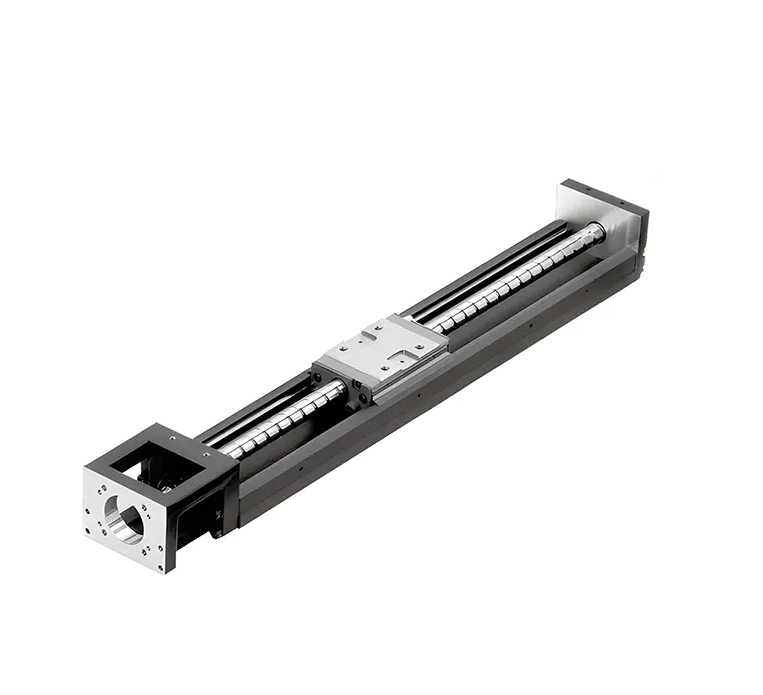Precision ball screws have become a crucial component in a variety of mechanical and automated systems. Their primary function is to convert rotary motion into smooth and consistent linear movement, all while minimizing internal friction. This is achieved by incorporating a series of recirculating ball bearings between the screw shaft and the nut, which allows for efficient load transmission and precise positioning.
One of the key features of a precision ball screw is its ability to deliver consistent linear displacement with minimal backlash. This characteristic makes it highly valued in applications such as CNC machinery, robotics, and semiconductor equipment, where accuracy and repeatability are essential. Unlike other screw mechanisms, the ball screw’s design reduces energy loss and wear over time, making it suitable for high-cycle operations.
Precision ball screws are manufactured with tightly controlled tolerances. The thread form, pitch, and surface finish are closely inspected to ensure reliable function in sensitive environments. Different preload levels can be applied to the ball nut to further improve stability and reduce axial movement under load. These options allow engineers to select the appropriate configuration based on the specific needs of their system.
Moreover, the materials used in precision ball screws—commonly alloy steels with surface treatments—help them withstand heavy use without degrading performance. Protective covers and lubrication systems can be added to extend the component's service life in dusty or high-temperature conditions.
Due to their structure, precision ball screws can handle high loads while maintaining smooth travel. This combination is important in fields where controlled motion contributes directly to product quality or process efficiency. As technology continues to advance, the role of precision components like ball screws in modern automation is expected to remain significant.
